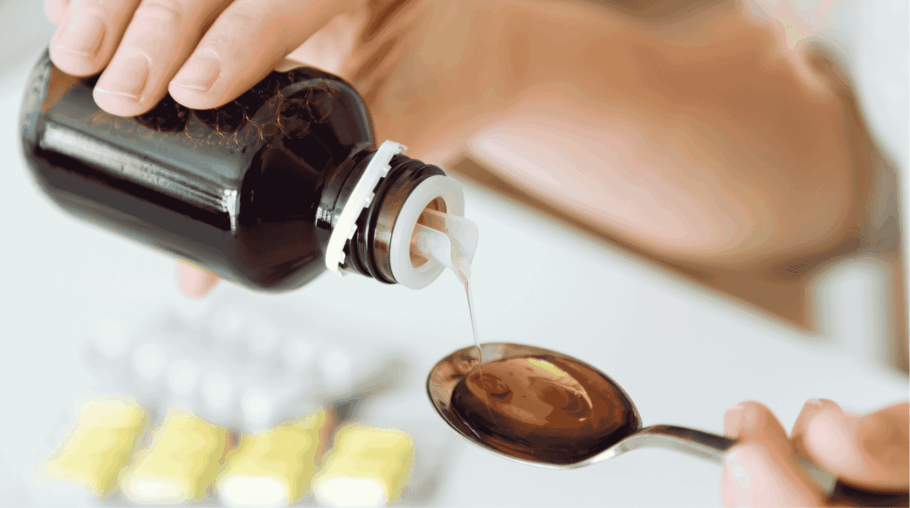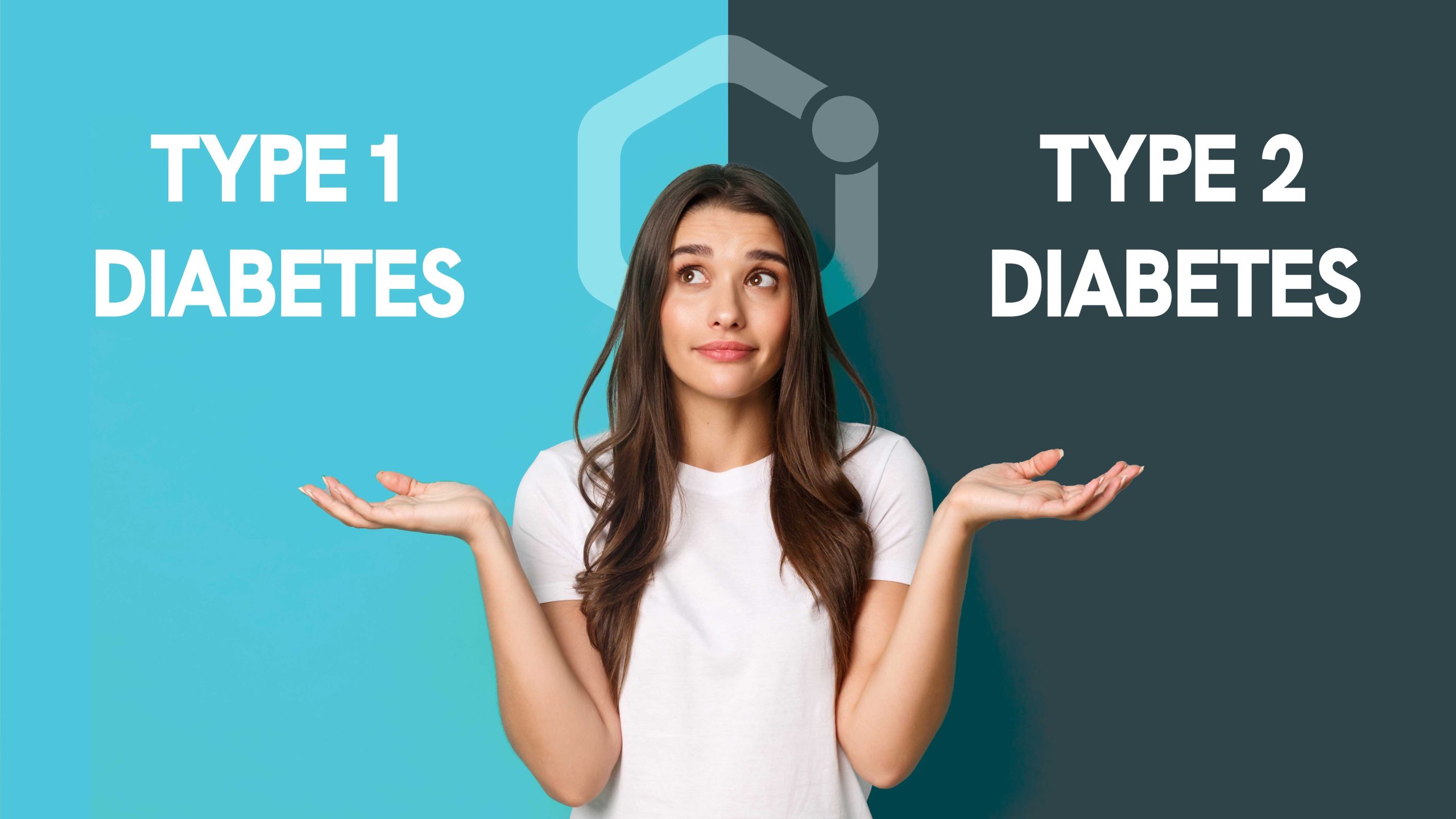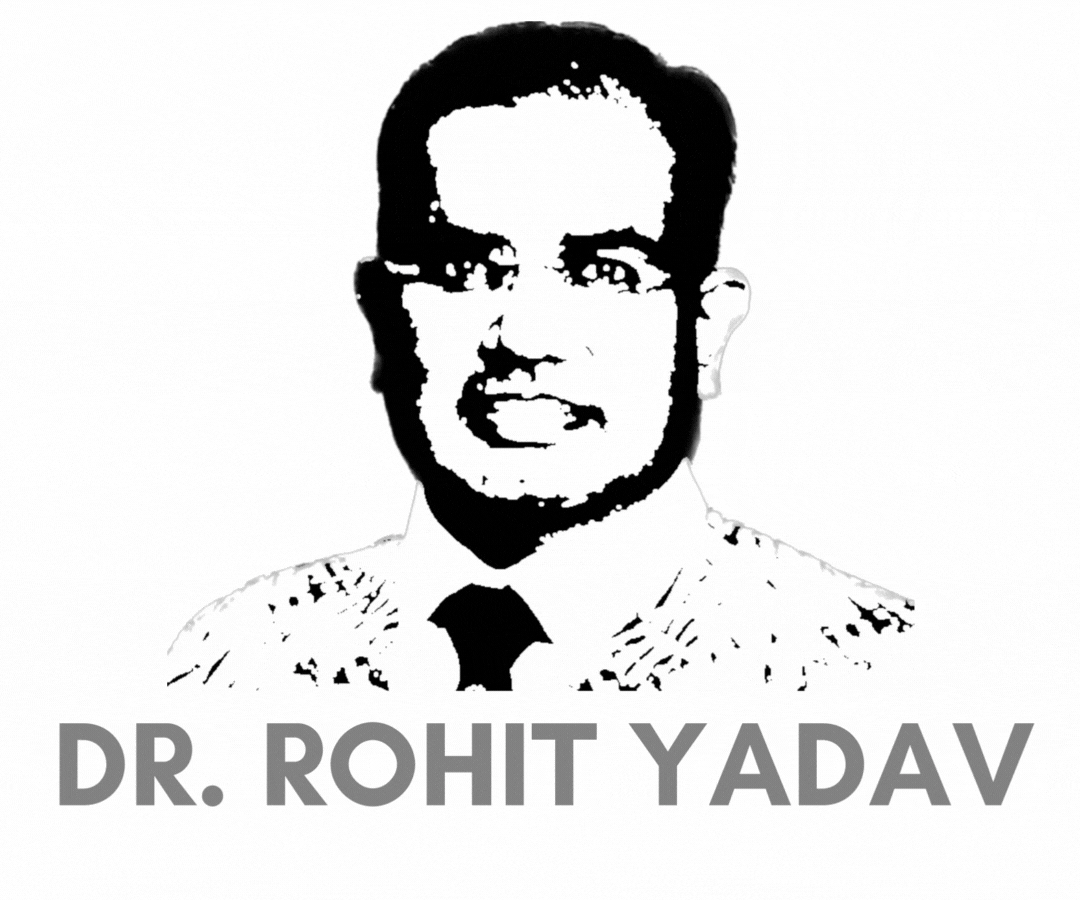Physical intimacy is more than just a physical act—it’s deeply connected to our emotional and psychological well-being. When mental health challenges arise, they can ripple through every aspect of our relationships, including emotional intimacy, sexual desire, and the quality of physical connection with a partner. In this post, we’ll explore how stress, anxiety, and depression can influence your love life, why the mind-body connection matters, and practical steps you can take to strengthen both mental health and physical intimacy.
The Mind-Body Connection in Intimate Relationships
Our brains and bodies communicate constantly through hormones, neurotransmitters, and nerve signals. When you’re feeling stressed, for example, your body releases cortisol and adrenaline—chemicals that prime you for “fight or flight.” These same stress hormones can constrict blood vessels and reduce blood flow, making it harder to become aroused or maintain an erection. Over time, chronic stress may lead to persistent low libido, fatigue, and even physical discomfort during sex.
Depression and Its Effects on Desire
Depression can dull pleasure in everyday activities, including sex. Many people with depression experience a marked decrease in interest in physical intimacy, sometimes referred to as an anhedonia. Low mood, lack of energy, and feelings of worthlessness all contribute to a decreased sex drive, leaving partners feeling disconnected. If you notice that depression and sex drive seem linked in your relationship, know that you’re not alone—and that treatment for depression often helps restore desire.
Anxiety and Performance Worries
For some, relationship anxiety or fear of sexual performance can create a self-fulfilling prophecy: the more you worry about “not measuring up,” the harder it is to relax and enjoy the moment. Whether you worry about lasting long enough, pleasing your partner, or body image, that anxiety activates the same stress response that interferes with arousal. Over time, performance worries can lead to avoidance of intimacy altogether.
Self-Esteem and Body Image
Mental health encompasses how we feel about ourselves. Low self-esteem and negative body image can make physical closeness feel uncomfortable or even painful—emotionally if not physically. When someone fears rejection or feels unattractive, they may pull away from physical affection, leading both partners to feel unwanted or isolated. Cultivating self-compassion is a powerful way to improve both mental health and the ability to connect physically.
The Role of Sleep and Lifestyle
Poor sleep is a common symptom of depression and anxiety, and it directly affects your hormones—especially testosterone and estrogen, which play key roles in sexual desire. Chronic fatigue, irregular sleep patterns, and late-night screen time can disrupt these hormones, compounding mental health issues with a further drop in physical passion. A balanced routine that prioritizes 7–9 hours of quality sleep, regular exercise, and a nutritious diet supports both emotional resilience and a healthy sex life.
Breaking the Cycle: Practical Strategies
-
Open Communication
Talking about mental health and physical needs can feel vulnerable, but it’s the cornerstone of a supportive relationship. Sharing how anxiety or low mood affects your desire allows your partner to understand and adjust, turning frustration into teamwork. -
Mindfulness and Stress Reduction
Practices like deep-breathing exercises, progressive muscle relaxation, or guided imagery help calm the nervous system. Even five minutes of focused breathing before intimacy can reduce stress and sexual performance worries, making it easier to be present. -
Seek Professional Support
A therapist trained in sex therapy or couples counseling can help you address both relationship anxiety and the emotional barriers to intimacy. Cognitive-behavioral techniques can reframe negative thoughts and rebuild confidence in your body and your relationship. -
Prioritize Quality Time
Physical intimacy doesn’t always mean sex. Holding hands, hugging, or cuddling can release oxytocin—the “love hormone”—which lowers stress and enhances feelings of closeness. Building non-sexual touch into your routine can rekindle emotional intimacy. -
Healthy Lifestyle Habits
Regular exercise boosts endorphins, improves sleep quality, and enhances body confidence. A balanced diet rich in whole foods helps regulate energy levels and hormonal balance, supporting both mental health and sex drive.
Looking Ahead: A Holistic Approach
Mental health and physical intimacy are intertwined. By recognizing how depression and sex drive, stress and arousal, or body image and affection interplay in your life, you can take practical steps to nurture both mind and body. Whether through open dialogue with your partner, stress-reduction techniques, or professional support, small changes add up—leading to deeper connections, renewed passion, and a healthier relationship overall.
Remember, experiencing challenges in your intimate life does not mean something is “wrong” with you. It simply means your mind and body are signaling a need for balance. Embrace that signal as an opportunity to cultivate well-being and strengthen the bonds you share.





